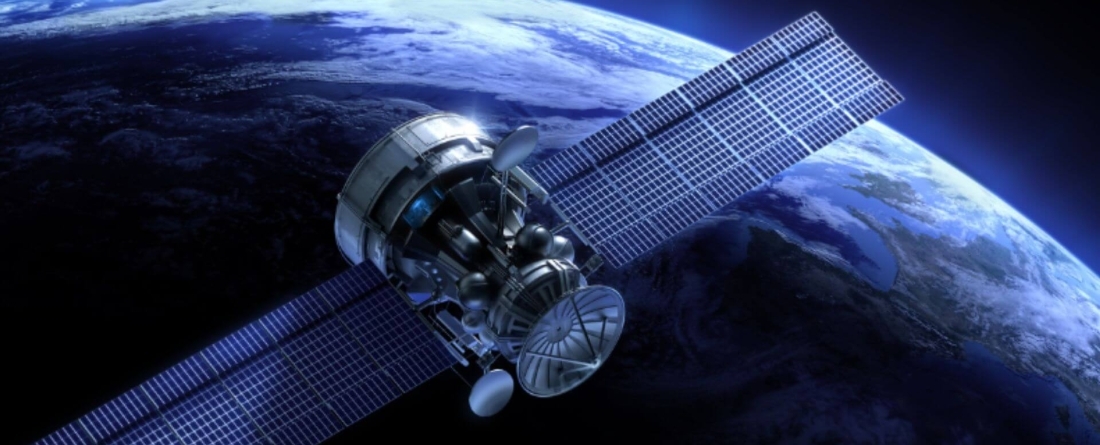
New research published by the American Academy of Arts and Sciences analyzes how recent advances in space capabilities by Russia, China and the United States affect different dimensions of strategic stability.
In "Minimizing the Negative Effects of Advances in Military-Relevant Space Capabilities on Strategic Stability,” authors Nancy Gallagher, director of the Center for International and Security Studies at Maryland (CISSM), and Jaganath Sankaran, assistant professor of public affairs at the University of Texas and a research associate at CISSM, review different U.S. perspectives on space and strategic stability, from viewing space as a protected sanctuary during the Cold War to seeking dominance under the Bush administration.
Gallagher and Sankaran summarize recent advances in Russian and Chinese space capabilities that cause concern for the United States because of potential anti-satellite applications. They note that these countries explain their military space activities as defensive responses to perceived threats from U.S. space systems. The authors argue that the destabilizing effects stem more from worst-case assumptions and overreactions by all three countries than from the technological advances themselves. For example, the fact that all three countries have demonstrated various capabilities to temporarily disable or destroy satellites in previously unreachable geostationary orbit does not mean they have gained new confidence that they would win a war of choice against another great power at an acceptable cost. Yet, the need to disabuse potential adversaries of such perceptions is routinely used in all three countries to justify the development of more counterspace capabilities and offensive doctrines, increasing escalation risks, fueling an arms race and worsening political relations.
Americans often maintain that greater Russian and Chinese transparency is needed to change this dynamic. Gallagher and Sankaran note that the United States has classified more information about national security-related space spending and acquisition programs, making it harder for members of Congress, independent experts and foreign observers to assess whether efforts to enhance space security will increase or erode strategic stability. “If the United States wants other countries to believe that it has good intentions in space,” says Gallagher, “then as a democracy, the military should provide enough information for informed debate and effective oversight.”
The authors also caution that revealing information about new space capabilities can be (mis-)perceived as threatening rather than reassuring in the absence of bilateral or trilateral dialogue about rules regarding their use. The war in Ukraine and tensions over Taiwan make it easier to assume the worst than to resume discussions about space security. However, as Russian, Chinese and U.S. military space capabilities continue to advance, the need for diplomatic engagement will only grow.
Read the complete publication here.



